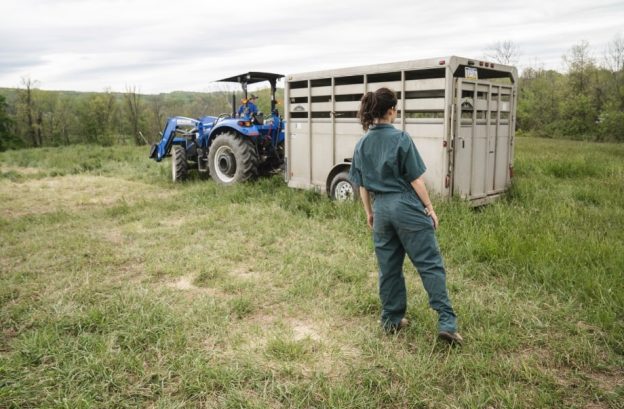Working in agriculture can be challenging when it gets wet. To make things easier, you’ll want to use the right waterproofs. We are a business specialising in providing agricultural goods. As a result, we can provide various types of garments, footwear, fertiliser, and more. Our merchandise is both high in quality and competitively priced.
There are many waterproof fabrics out there, which can make it difficult to tell what’s what. Also, there are a myriad of uses for such materials. Examples include outdoor furniture covers, mattresses, and raincoats. As you can see, the fabrics are versatile. Before you get your hands on some waterproof material, you must know what fabric to use. We’re going to talk about some of the available options here.
Polyurethane Laminate (PUL)
This is a fabric comprised of polyester that’s treated with a waterproof coating. What you get is something that is durable, breathable, and lightweight. PUL has uses for waterproof mattress pads. Moreover, it is a washable material. So, you can use it to protect your bedding.
Thermoplastic Polyurethane (TPU)
Like PUL fabrics, this is a softer and lighter material. The softness makes it an excellent choice for a waterproof bed sheet. TPU fabrics are on the more environmentally friendly side. All it sacrifices here is a bit of durability.
Extra-long-staple (ELS cotton)
If you’re after a naturally water-resistant fabric, this is a good pick. The soft material often gets employed as a waterproof bed sheet. ELS cotton is a speciality crop that’s grown in California. The longer cotton fibres permit you to use a dense, tight weave that stops moisture seeping through. We have another washable material here as well. You can find these cotton fibres in waterproofs like shirts, jackets, and trousers.
Polyester and nylon
These materials have a tight weave, leading to water-resistance. With treatment, you can obtain waterproof, durable fabric you can use in many things. This includes mattress pads, patio furniture coverings, raincoats, trousers, and umbrellas. Another benefit is low pricing. Both are easy to find and affordable.
Oilcloth
Originally, this was made using cotton duck cloth or tightly woven linen and coated using linseed oil. The coating provides the cloth with its waterproofing. It was a popular choice for sails and sailors’ coats. These days, it’s even more versatile. Now, we coat the fabric using clear vinyl, and you are able to find shiny and matte materials. Oilcloth cleans easily and has durability. At the same time, it is a heavy fabric you can use in luggage and tote bags.
Microfibre
This soft material works well for cleaning computer screens, phones, and glasses. Comprised of polyester, it’s water resistant before you apply a coating. When you treat it, it’s entirely waterproof. The suede-like feel means it comes in handy for jackets. At the same time, it is soft enough to use for bed sheets.
Wool
Similar to ELS cotton, wool has natural water resistance. The quality of the material has gone up with time too. It’s softer, not as irritating, but the fact remains that not everyone loves it. Wool that’s boiled in hot water prior to being woven improves its water resistance. When you treat wool with lanolin, it becomes waterproof temporarily. This is a coating you must reapply. You’re not going to get full water protection using lanolin-coated and boiled wool. However, the dense fabric aids in keeping moisture away.
Start wearing quality waterproofs
At JS Hubbuck Ltd, we have plenty of quality garments available. This includes Flexothane, Ridgeline, and Sitemaster options. You’ll find bib ‘n brace items, jackets, and trousers in our collection. As a result, you can buy the right clothing for all kinds of agricultural work.
So, if you need any of these waterproofs or other items, feel free to contact us. We’d be happy to help you choose reliable products.

